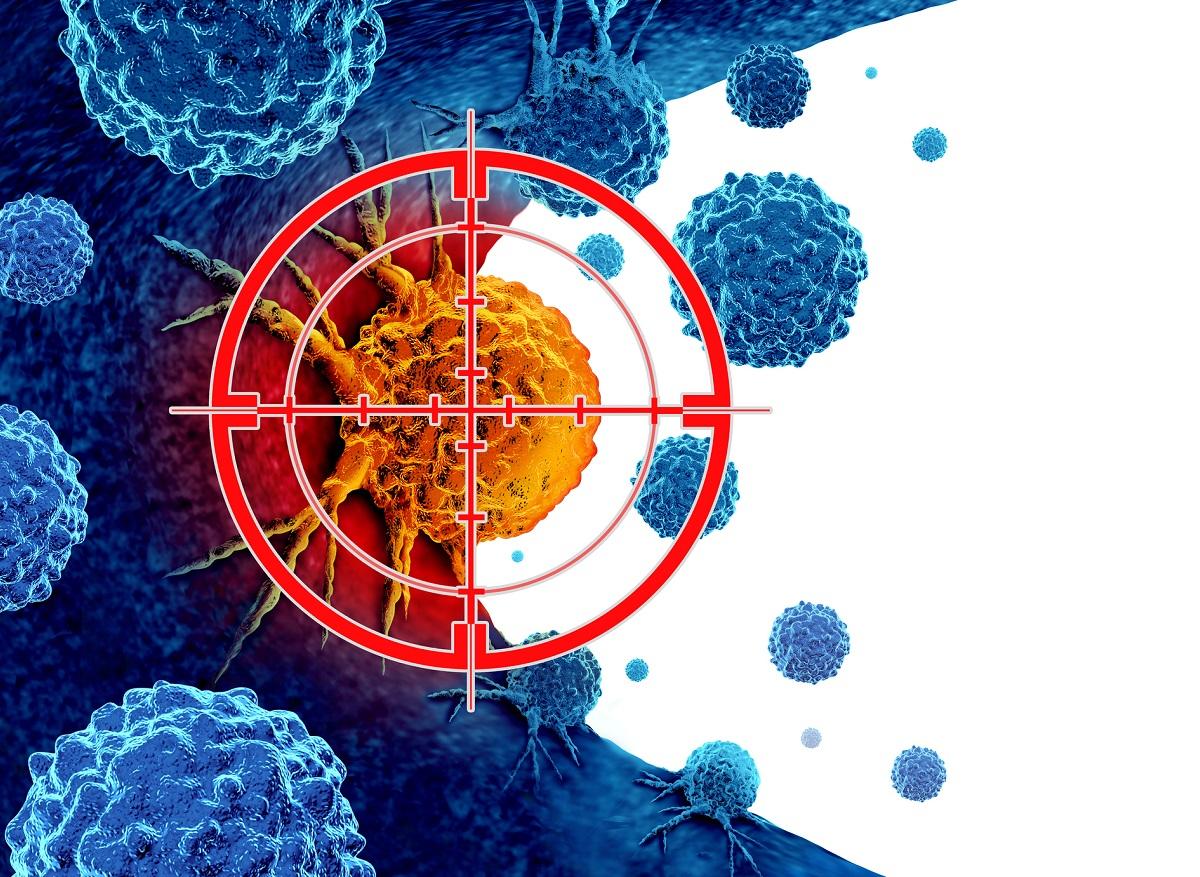Personalized immunotherapy, a therapeutic revolution in the fight against cancer, is generating unprecedented enthusiasm. However, like any therapy, it is not without risks and can cause side effects, sometimes long-term. Decryption.

- Personalized immunotherapy represents a major advance in the treatment of certain cancers by stimulating the immune system to fight tumor cells.
- However, these treatments can cause long-term side effects, such as autoimmune diseases, chronic fatigue or endocrine disorders.
- Long-term monitoring of patients treated with immunotherapy is therefore essential to detect and quickly manage any side effects.
Personalized immunotherapy is a therapeutic approach that harnesses the patient’s immune system to fight cancer cells. Unlike chemotherapy and radiation therapy, which attack all dividing cells, immunotherapy specifically stimulates the immune system to recognize and eliminate tumor cells.
Immunotherapy: 3 types of side effects to know about
While immunotherapy has revolutionized the treatment of certain cancers, it can cause side effects, sometimes serious and long-lasting. The most common side effects include:
• Autoimmune effects : Immunotherapy can sometimes cause autoimmune reactions, where the immune system mistakenly attacks healthy tissues in the body. This can manifest itself in diseases such as thyroiditis, colitis or even pneumonia.
• Chronic fatigue : Fatigue is a very common side effect of immunotherapy, which can persist for several months or even years after treatment ends.
• Endocrine disorders : Immunotherapy may affect the functioning of certain endocrine glands, such as the thyroid or adrenal glands.
How to prevent side effects?
There is no surefire way to prevent the side effects of immunotherapy. However, close monitoring by the medical team can help detect early signs and implement appropriate treatments.
Here are some measures that can help manage side effects:
• Regular monitoring : Regular blood tests help monitor organ function and detect potential problems.
• Dose adjustment : If the side effects are too severe, the doctor may adjust the dose of treatment or take a break.
• Treatment of symptoms : Symptoms can be relieved with specific medications (such as anti-inflammatories, antihistamines, etc.).
• Psychological support : Talking about your difficulties with a healthcare professional can help you better manage side effects.
The frequency of side effects from immunotherapy varies greatly from patient to patient and depends on several factors such as the type of cancer, the treatment used, the dose given, and the patient’s general health. It is important to note that not all patients will develop side effects, and most patients who do experience them will have them improve or disappear after treatment ends.
















